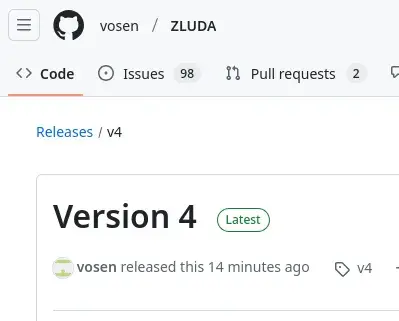I am playing around with Podman Quadlet and that’s one hell of a rabbit hole. I have everything up and running, and now I need to configure the containers, and probably will deal with other pain points, etc.
The good thing is that I have documented the whole process so it is reproducible but it took me quite some time to figure out everything.







I will definitely do that, I just want to finish the whole setup.